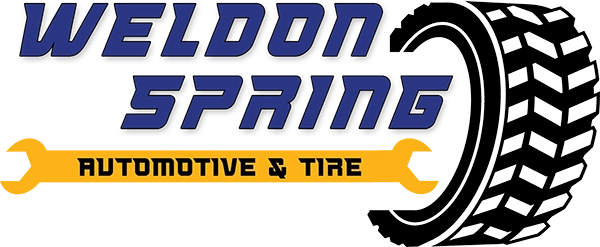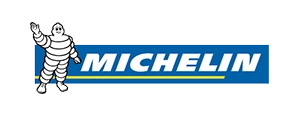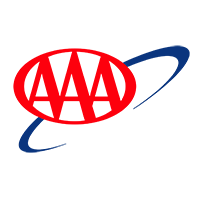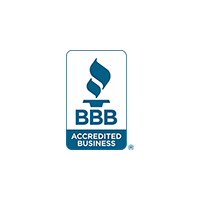St. Charles Best Automotive & Tire
We are a family owned business delivering honest and professional automotive repair and auto maintenance services to the people of Saint Charles and surrounding areas. Request An AppointmentCheck Out Our Deals!
Looking for great deals on auto services and tires? Click below to check out our latest coupons and special offers! Whether it’s a discount on your next oil change or savings on a new set of tires, we’ve got you covered. Don’t miss out—these deals won’t last forever! See All Coupons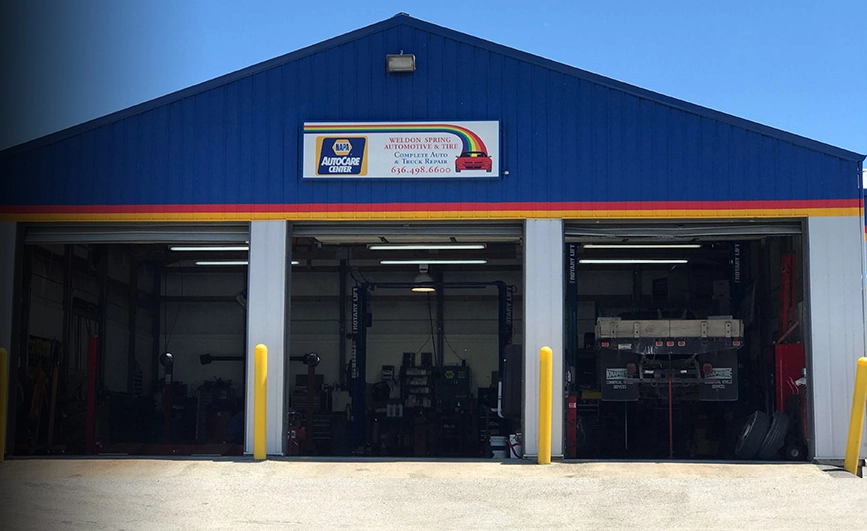
Your Trusted Neighborhood Shop
Welcome to Weldon Spring Automotive & Tire, your trusted neighborhood auto repair shop serving Weldon Spring, St. Charles, and the surrounding Missouri communities since 2000. As a family-owned and operated business, we take pride in delivering honest, reliable, and professional automotive services with a personal touch. Whether you’re coming in for a routine oil change or complex engine diagnostics, our team of ASE-certified technicians is equipped with the latest technology to get the job done right—the first time.
As a certified NAPA AutoCare Center, we uphold the highest standards in automotive repair while offering the peace of mind that comes with nationwide warranties. From brake repairs and tire services to air conditioning, electrical diagnostics, and full transmission work, we handle all makes and models—foreign and domestic. Our goal is simple: to keep you safe on the road with expert care and unmatched customer service. Stop by and see why so many of our customers keep coming back to Weldon Spring Automotive & Tire.

Answers to Commonly Asked Questions (FAQs)
At Weldon Springs Auto & Tire, we’re committed to providing honest, reliable service and keeping you informed every step of the way. Whether you’re coming in for a routine oil change, new tires, or a major repair, we know you may have questions. This FAQ section covers some of the most common inquiries we receive, so you can feel confident and prepared before your next visit. If you don’t see your question listed, feel free to give us a call — we’re always happy to help!
How often should I rotate my tires?
Neglecting to rotate tires is a major cause of premature tire wear. Your tires should be rotated every other oil change or every 5,000 miles.
Is it really necessary to replace my timing belt at the manufacturer-recommended interval?
YES. The failure of a timing belt in many cars can result in major engine damage. The cost of repairing an engine with a broken timing belt is much greater than the cost of a timing belt replacement.
What does it mean if my “check engine” or “service engine soon” light comes on?
There are many sensors and computerized components that manage your vehicle’s engine performance and emissions. When one of these fails, the “check engine” light is illuminated. Although your car may seem to run fine, it is important to have the issue addressed to prevent long-term problems or failure of emission tests.
What should I do if my car starts to overheat?
This is a very serious problem. If your car overheats for too long, it can damage your engine. As soon as possible, find a safe place to pull off the road and shut off the engine! Do not attempt to check the fluid level in the radiator as it can burn you. The best thing to do is have your car towed to a repair shop.
When should I get my oil changed?
You should get your oil changed every 3,000 miles or as recommended in your vehicle’s owner’s manual. If intervals are extended, ensure you use oil that is capable of extended mileage changes.
What causes milky brown engine oil?
Milky brown engine oil is an indication of coolant in the oil. This can be caused by a blown head gasket (other gasket), a failed transmission cooler or cracked casings. This condition is very serious and needs to be checked by a professional technician quickly.
How to make sure my car battery has a good electrical connection?
Battery cables and terminals should be cleaned and inspected to make sure they provide a good electrical connection.
What is synthetic motor oil?
Synthetic motor oils can be a good choice for high output, turbocharged or supercharged engines, vehicles that are used for towing (especially during hot weather) or vehicles that are operated in extremely cold or hot climates. Synthetic motor oils, though several times more expensive than mineral-based motor oils, can improve fuel economy and provide longer intervals between changes. They also provide instant lubrication on start-up.
When should I replace my car’s fuel filter?
To help ensure dependable, trouble-free performance, replace your car’s fuel filter approximately every 30,000 miles or as recommended in your vehicle’s owner’s manual.
When should I change my spark plugs?
For maximum fuel economy and peak engine performance, your spark plugs should be replaced every 30 months or 30,000 miles, unless your vehicle is equipped with 100,000-mile platinum-tipped spark plugs.
What should I do when I need to replace a burned out fuse?
Always replace burned-out fuses with ones of the same amperage (printed on the fuse). If a fuse continues to blow, you should have the circuit checked professionally by one of our technicians for defects.
